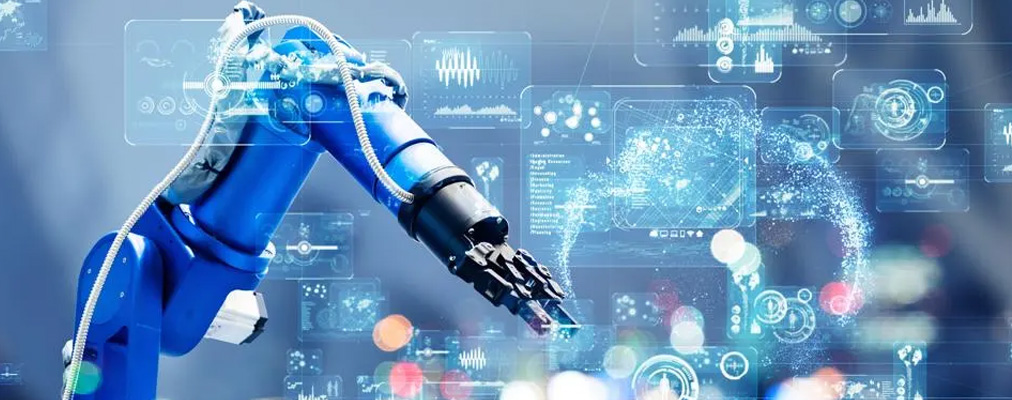Artificial Intelligence
In the realm of Artificial Intelligence (AI), the integration of Printed Circuit Board Assemblies (PCBAs) plays a pivotal role in enabling the functionality and efficiency of AI systems. From powering neural networks to facilitating data processing, PCBA serves as the backbone of AI applications, ensuring seamless operations and optimal performance.

- Hardware Acceleration: PCBA, equipped with specialized hardware components such as Graphics Processing Units (GPUs) and Field-Programmable Gate Arrays (FPGAs), accelerates AI computations. These components are tailored to handle parallel processing tasks efficiently, significantly enhancing the speed and performance of AI algorithms like deep learning and machine learning.
- Data Acquisition and Processing: PCBA interfaces with sensors and data sources to acquire raw data, which is then processed for AI analysis. With integrated Analog-to-Digital Converters (ADCs) and Digital Signal Processors (DSPs), PCBA efficiently converts analog signals to digital data, enabling AI systems to interpret and analyze real-world information effectively.
- Neural Network Implementation: PCBA facilitates the deployment of neural networks, the cornerstone of AI technology. Through specialized circuitry and optimized architectures, PCBA accelerates neural network training and inference processes, enabling rapid decision-making and pattern recognition in AI applications such as image and speech recognition, natural language processing, and autonomous systems.
- Memory and Storage Management: PCBA manages memory and storage resources essential for AI operations. High-speed Random-Access Memory (RAM) and Non-Volatile Memory (NVM) modules enable efficient data storage and retrieval, supporting the extensive datasets required for training complex AI models. Additionally, Solid-State Drives (SSDs) and high-capacity storage interfaces ensure fast access to stored data, enhancing AI system responsiveness.
- Power Efficiency and Thermal Management: PCBA designs prioritize power efficiency and thermal management to sustain prolonged AI operations. Advanced power management circuits regulate voltage and current levels, optimizing energy consumption without compromising performance. Furthermore, thermal management solutions, including heat sinks and cooling fans, prevent overheating and ensure the reliability of AI systems, especially in high-intensity computing environments.
- Integration and Scalability: PCBA offers modular integration and scalability, facilitating the development and deployment of AI solutions across diverse platforms and environments. Standardized interfaces and form factors enable seamless integration of PCBA modules into AI hardware systems, ensuring compatibility and interoperability. Moreover, scalable architectures allow for the expansion of AI capabilities, accommodating evolving requirements and technological advancements.
- Real-Time Processing and Edge Computing: PCBA enables real-time processing and edge computing in AI applications, reducing latency and enhancing responsiveness. By deploying AI algorithms directly on embedded systems and edge devices, PCBA eliminates the need for centralized processing, enabling faster decision-making and actionable insights in time-critical scenarios such as autonomous vehicles, industrial automation, and IoT applications.
PCBA serves as a fundamental enabler of AI applications, providing the necessary hardware infrastructure for computation, data processing, and system integration. From hardware acceleration to memory management and thermal regulation, PCBA plays a multifaceted role in optimizing the performance, efficiency, and scalability of AI systems. As AI continues to revolutionize industries and society, the synergy between PCBA and AI technology will drive innovation and advancement, unlocking new possibilities and applications in the era of intelligent computing.
